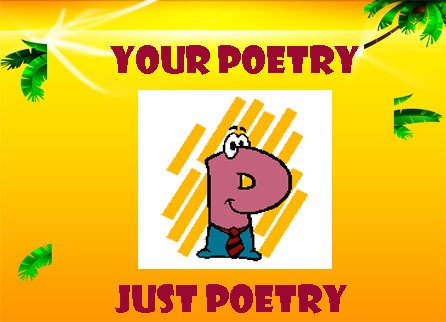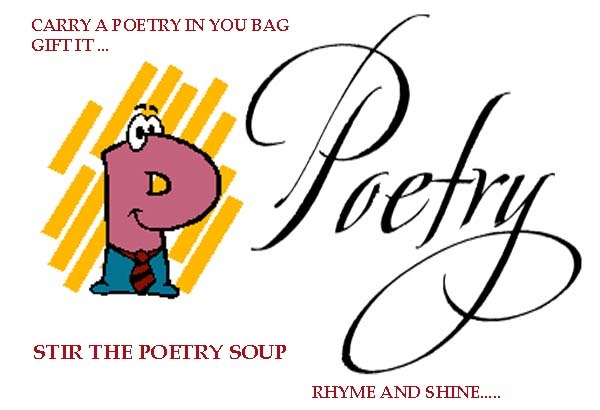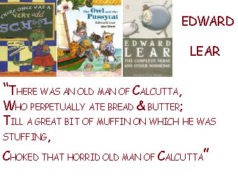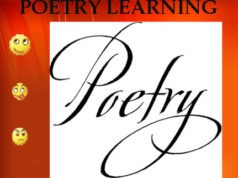Parents want their kids to write Poetry and so do teachers give assignments. Imagine, can you write a poetry? How will the child be able to write?
Parents often come to me and request that their kids learn to write poetry – Just because their poetry need to be selected and they have to recite at a Recitation competition or get it printed in the school magazine. Even Teachers give assignments and want kids to write poetry on their own! Without even teaching the first steps to build vocabulary and teaching how to write.
Learning to write poetry in two to four sessions is not a miracle. Kidsfreesouls suggest Poetry Soup Ideas and here’s some simple steps:
1. Build Vocabulary – two-three-four-five-six letter words – Be familiar with words and just words
2. Rhyme words – Find all rhyming words and make a list
3. Select topics from Poetry Soup – Write on school, hobby, animals, etc.
4. Say some Tongue Twisters – To get familiar with rhyming words with pleasure when you say “Betty bought some butter, but the butter was bitter, so betty bought some better butter, to make the bitter butter, better.”
5. Let imagination swirl – Write down all your great ideas.
Now, when I talk of Rhymes, words rhyming together give a musical chime of sound and this is the reason why rhyme is so much used. I am fond of rhyming words and I think, Internal rhymes also add music. For eg.
“The Ice was here and the Ice was there,
The Ice was all around;
It cracked and growled, and roared and howled,
Like noises in a sound!”
Vowel and Consonant sound words like long open vowels and soft consonants like l, m, n, v, w, z, etc produce sweet, soft, soothing music. Alliteration is yet another way to add zing to poetry. Repetition of words and phrases in poetry not only emphasize the meaning but often give musical effect to the poem.
For eg. “In ever climbing up a climbing wave” (Tennyson) or “The western tide crept up along the sand, And o’er and o’er the sand, And round and round the sand” (Kingsley)
Another thing I observed while writing Poetry. Poets have three ways of making us see mental pictures as we let our Imagination soar higher to pen down:
1. By Description : Describing a scene, character, real or ideal, in words. Eg. Henry Longfellow’s ‘Rain in Summer’ (Search in Google Here)
2. By Figures of Speech : Such as simple, metaphor and personification. Compare one thing with another.
3. By Picturesque way : A poet can call up for a picturesque image with descriptive words like, eg. “All in a hot and copper sky, The bloody sun, at noon” (Coleridge)
Imagination and Emotions – two things to blend for an appeal. And which other poetry can go best than ‘Daffodils’ by William Wordsworth. It touches the heart as we recite to end up,”…They flash upon that inward eye, Which is the bliss of solitude; And then my heart with pleasure fills, And dances with the daffodils.”









